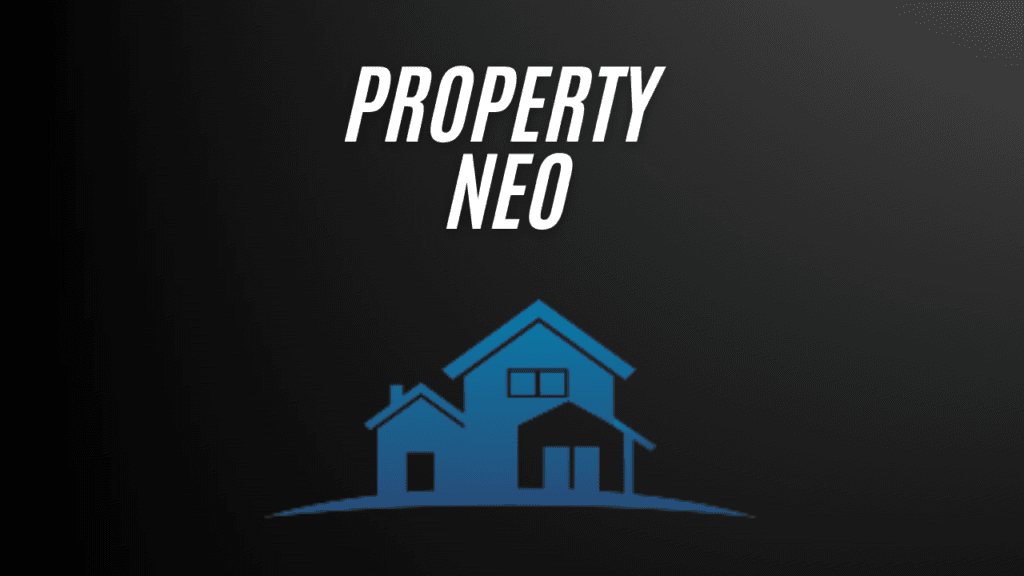Navigating Homeowners Association Regulations: Essential Insights for Thriving in an HOA Community
For many homeowners, living in a community managed by a Homeowners Association (HOA) offers benefits like well-maintained common areas, organized community events, and consistent neighborhood aesthetics. However, these perks come with specific rules and regulations. Understanding HOA guidelines is essential for thriving within such communities. This article provides insights to help homeowners live harmoniously and leverage the advantages of HOA-governed neighborhoods.
Understanding the Role of a Homeowners Association (HOA)
HOAs are private organizations that manage and oversee shared spaces and enforce community rules in neighborhoods, often consisting of single-family homes, condos, or townhouses. The main goal of an HOA is to maintain property values by ensuring the community is well-kept and visually appealing. HOAs collect fees (dues or assessments) from homeowners, which fund property upkeep, repairs, and community amenities.
Key Governing Documents
HOA regulations are established through governing documents that outline community standards:
- Declaration of Covenants, Conditions, and Restrictions (CC&Rs): This primary document contains core rules covering aspects from architectural standards to pet policies.
- Bylaws: These outline the HOA’s structure and processes, including the election of board members, meeting protocols, and members’ voting rights.
- Rules and Regulations: These are often specific guidelines related to daily community living, like parking rules and noise levels, and are more easily amended than the CC&Rs.
Knowing these documents is crucial, as they define what is permissible within the community.
Common HOA Regulations
HOA regulations vary, but some common areas governed by HOAs include:
- Architectural Guidelines: To maintain a cohesive look, many HOAs enforce standards on exterior design, landscaping, and color schemes. Homeowners often need approval before making significant changes.
- Common Area Usage: Shared spaces like pools, parks, and clubhouses are typically regulated regarding hours, guest policies, and upkeep.
- Pet Policies: Rules may restrict pet types, numbers, and sizes, along with requirements like leash policies and waste management.
- Parking and Vehicles: HOAs often manage parking assignments, types of vehicles allowed, and restrictions on vehicle repairs within the community.
- Rental and Leasing Restrictions: Some HOAs regulate property rentals, including lease durations and tenant screening, often requiring board approval for rentals.
Benefits of HOA Regulations
HOA regulations offer several advantages that enhance property values and community quality:
- Property Value Protection: By ensuring uniformity and consistent maintenance, HOAs help preserve the desirability and value of properties within the community.
- Conflict Resolution: HOAs provide formal channels for handling neighbor disputes, covering issues from noise complaints to property boundaries.
- Community Amenities: HOA dues support the upkeep of amenities like pools, gyms, and landscaping, enhancing residents’ quality of life.
Challenges of HOA Regulations
Despite the benefits, HOA rules can present challenges for homeowners:
- Restrictive Rules: Those who prefer more freedom with their property may find HOA rules overly restrictive, particularly around decor, renovations, and property use.
- Financial Obligations: HOA dues can be a substantial addition to housing expenses, especially if special assessments are issued for major repairs.
- Enforcement Issues: Inconsistent rule enforcement can create tension, as homeowners may feel that rules are unfairly applied or overlooked for some.
Strategies for Thriving in an HOA Community
Homeowners can enhance their HOA living experience by adopting certain strategies:
1. Familiarize Yourself with HOA Documents
Before purchasing in an HOA community, carefully review the CC&Rs, bylaws, and rules. Ensure the guidelines align with your lifestyle and property goals, as this helps avoid surprises or disputes later on.
2. Engage with the HOA Board
Attend HOA meetings and participate in community events to stay informed about regulations and changes. Consider joining a committee or running for a board position if you want to influence community decisions.
3. Communicate Openly
Building good relationships with neighbors and the HOA board is essential. Address concerns proactively and be open to compromise to resolve potential conflicts before they escalate.
4. Budget for HOA Dues
Incorporate HOA fees into your monthly budget, accounting for regular dues and potential special assessments to avoid financial strain.
5. Seek Legal Advice When Necessary
If disputes with the HOA arise or if you feel a rule is unfairly enforced, consulting a real estate attorney can help clarify your rights and options.
Conclusion
Living in an HOA-governed community brings numerous benefits but also requires adherence to a set of regulations that shape daily life. By understanding and navigating HOA rules, homeowners can not only meet these standards but also contribute to a thriving, harmonious community. Engaging with the HOA, fostering open communication, and planning financially are key strategies for a positive experience. Ultimately, HOA regulations aim to protect property values and enhance the quality of life, and by working within these frameworks, homeowners can enjoy a vibrant and prosperous community environment.
Additional Reading
Check out more of our blog posts and the Money Viper podcast.


